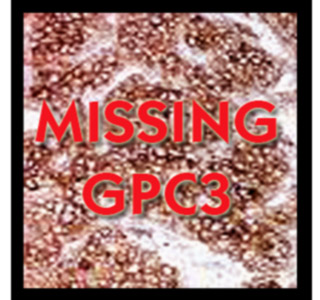
It has been examined by Sunnybrook researchers that the loss of the GPC3 gene could lead to the overgrowth by definite growth patterns such as Sonic Hedgehog, encouraging cancer growth.
The study was published in Developmental cell on May 12, 2008. It analyzed the molecular workings where GPC3 did not function, causing an increase in the growth of the Simpson-Golabi- Behmel syndrome (SGBS) and is an unusual disorder accounting to prior disposal to cancers.
Dr. Jorge Filmus, senior scientist, Division of Molecular and Cellular Biology, Sunnybrook Research Institute, and the study’s lead investigator said, “This vital new finding at the molecular level opens doors for the development of novel treatments to inhibit overgrowth activity to benefit SGBS patients and the many breast, lung and ovarian cancer patients linked to loss of GPC3.”
In the last meeting held at the American Association for Cancer research center, the medical assessment of the cancer patients who were treated by using Hedgehog-inhibitor drugs was illustrated.
Glypicans mainly has a character of cell growth with the shaping of tissues and organs. The glypican family contains GPC3 or glypican-3 which is one of the kinds from the six genes.
